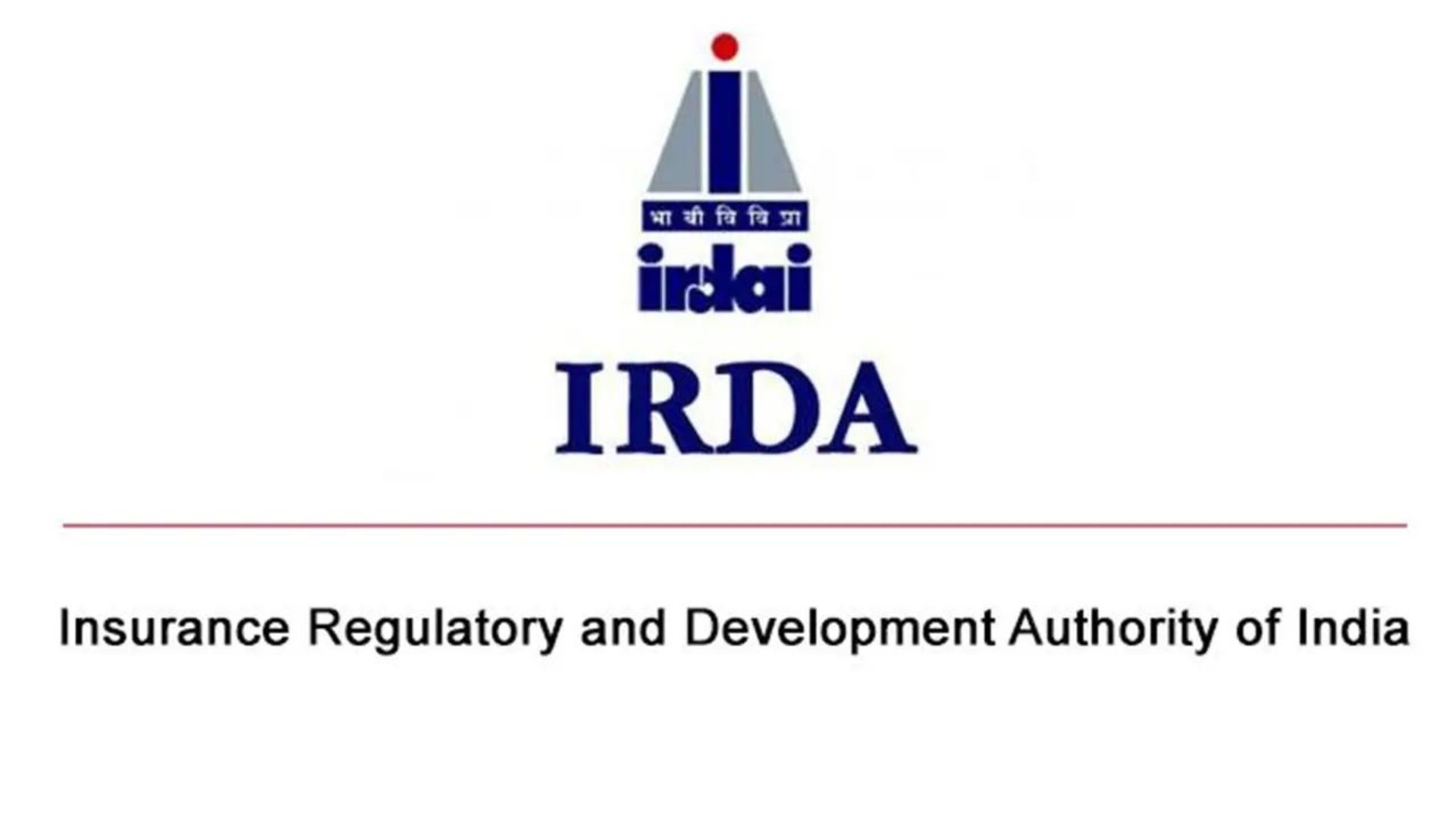The Insurance Regulatory and Development Authority of India (IRDAI) has released a comprehensive master circular outlining operational and procedural requirements for all insurers. Notably, insurers are now required to obtain prior approval for appointing their Board Chairperson, with existing Chairpersons given until March 31, 2026, to comply.
Titled “Master Circular on Corporate Governance for Insurers, 2024,” this directive is applicable to all insurers except foreign entities engaged in re-insurance via an Indian branch. While the circular is effective immediately, insurers have until June 30, 2024, to ensure compliance, maintaining specified timelines for various compliances.
The objective of this framework is to enhance governance capabilities among key stakeholders like the Board, Senior Management, and Key Control Function Personnel, ensuring effective and prudent management of insurers’ operations.
Key aspects include achieving an optimal balance of Independent Directors and Non-Executive Directors on the Board, with a minimum of three independent Directors. The quorum for board meetings is set at one-third of the total board strength or three directors, whichever is higher.
The circular emphasizes the importance of competent and qualified Directors driving strategic growth while safeguarding stakeholders’ interests, especially policyholders.
Additionally, insurers must establish a “whistle-blower” policy enabling employees to report concerns internally, covering irregularities, governance issues, financial reporting discrepancies, and more. Reports can be made in confidence to the Board Chairperson, Committee Chairperson, or Statutory Auditor.







